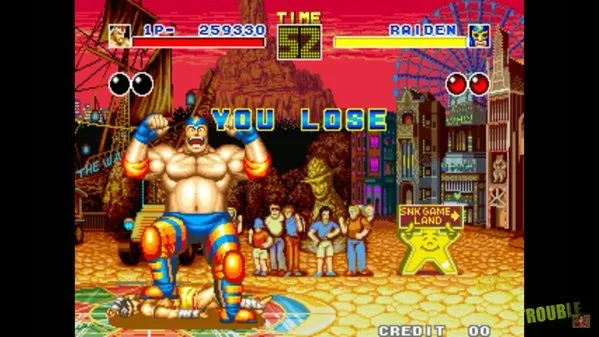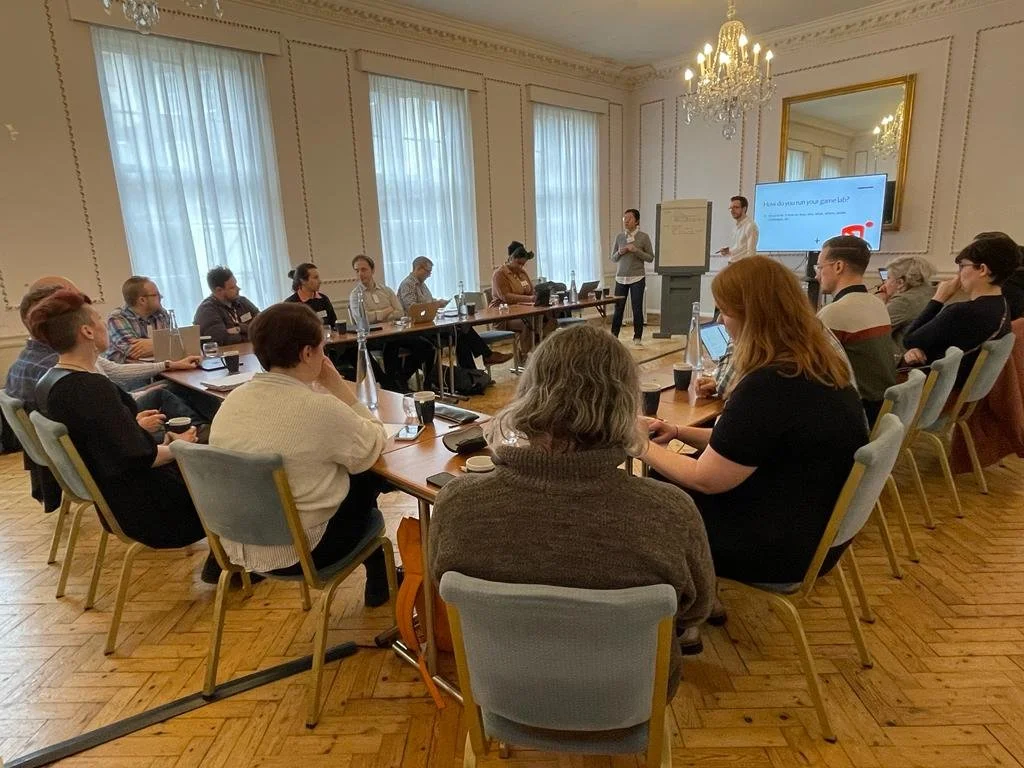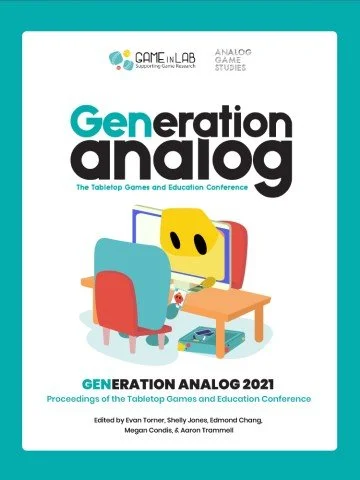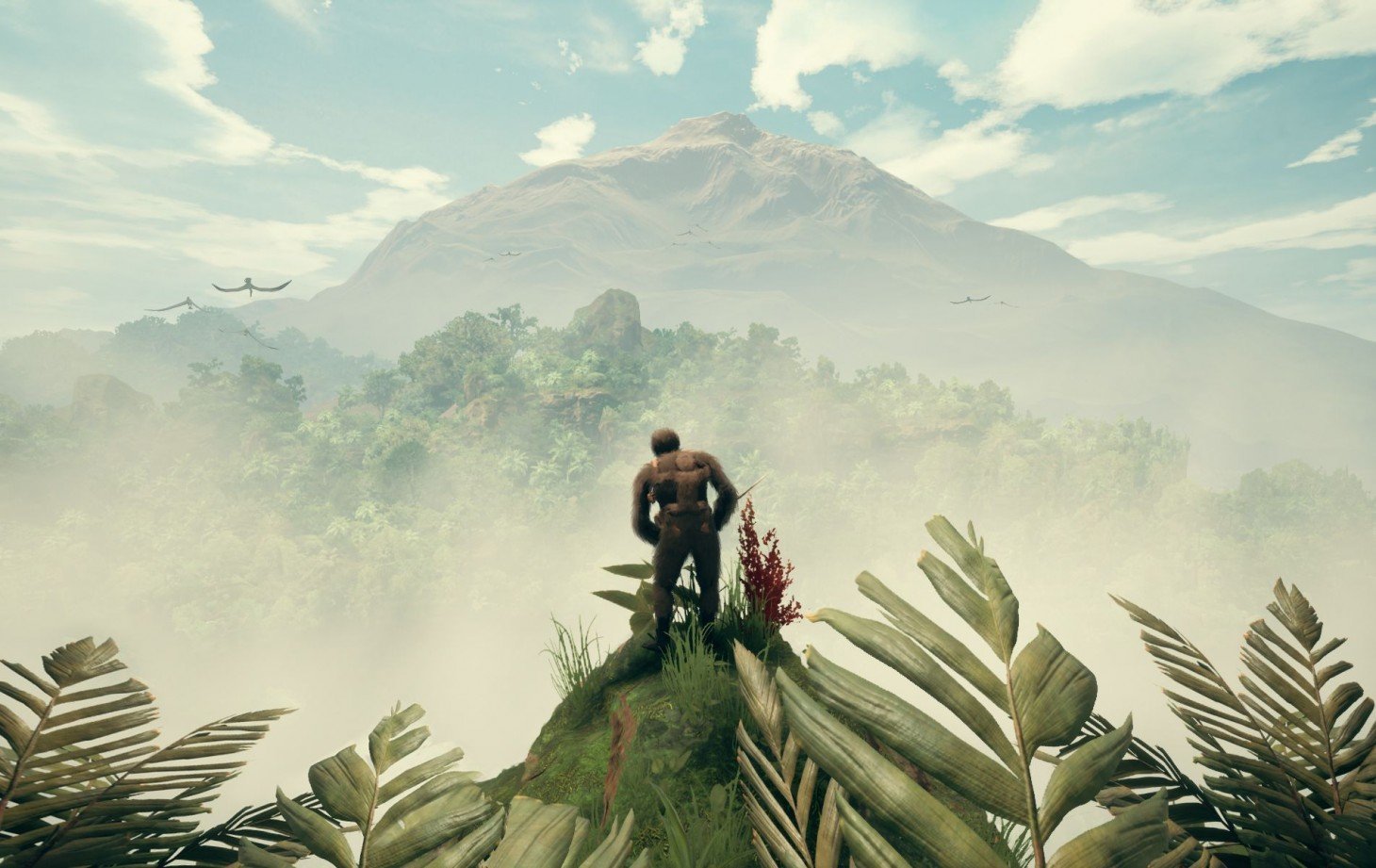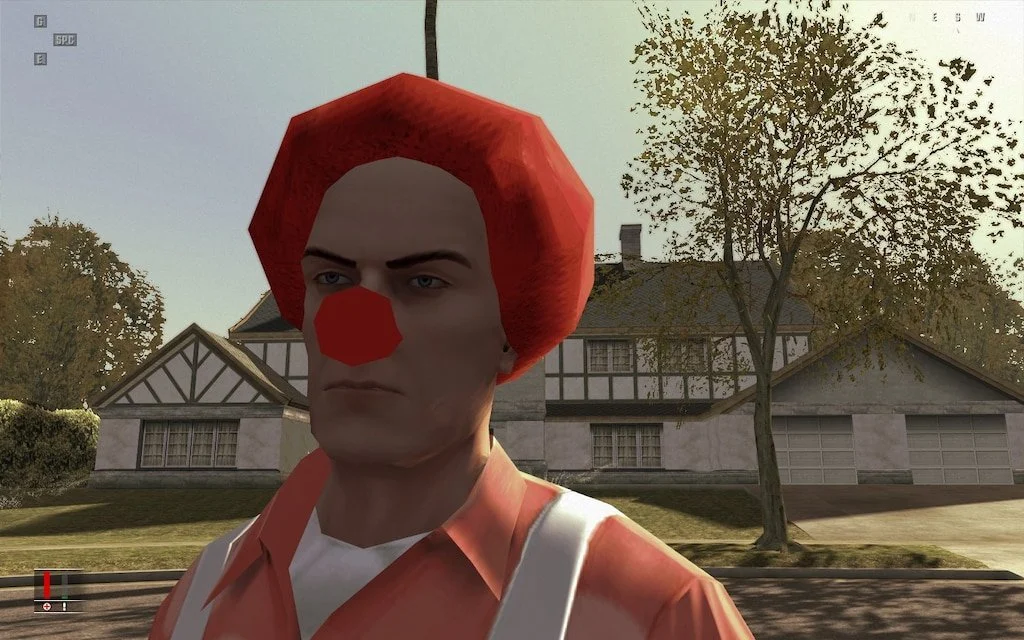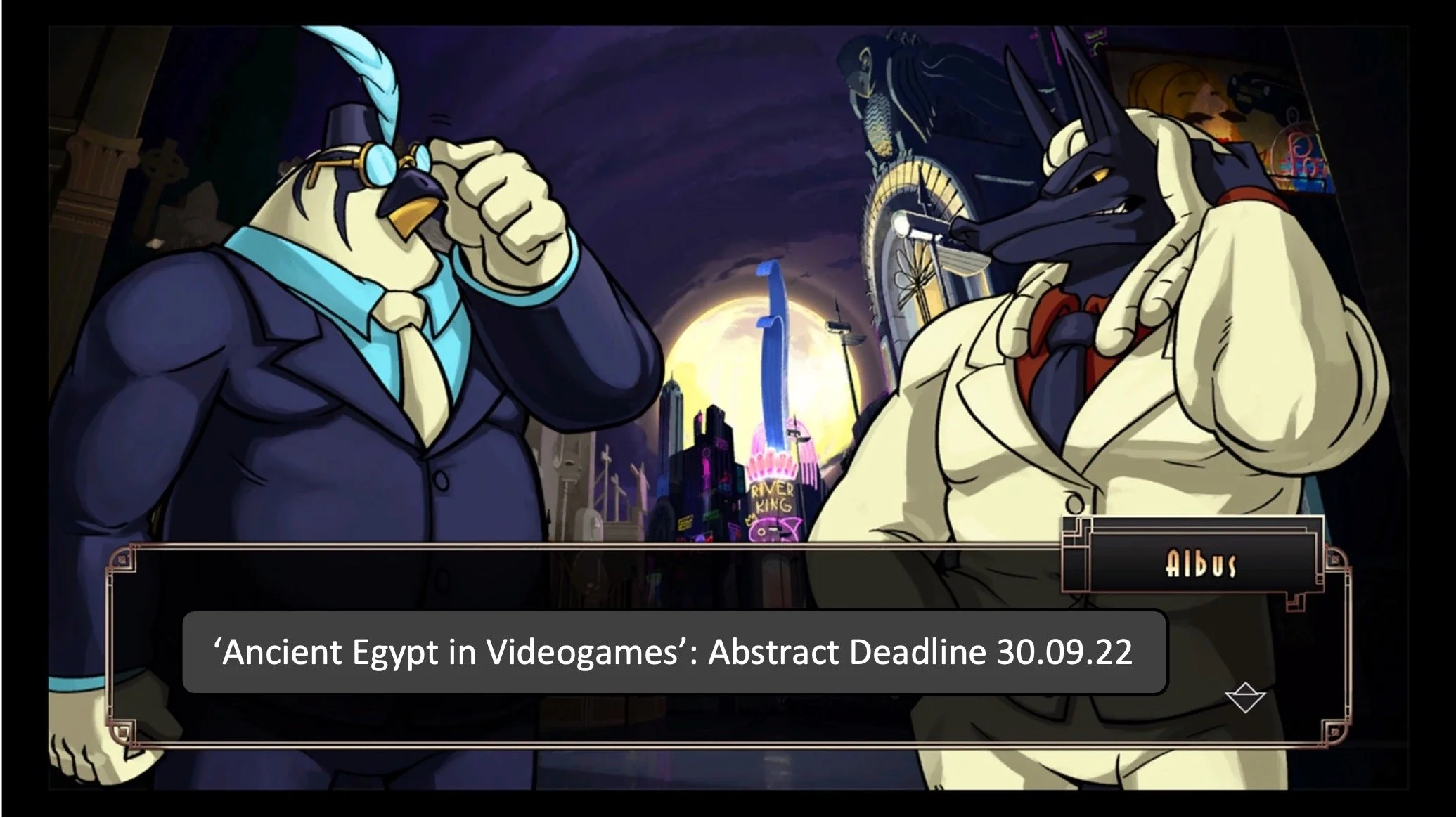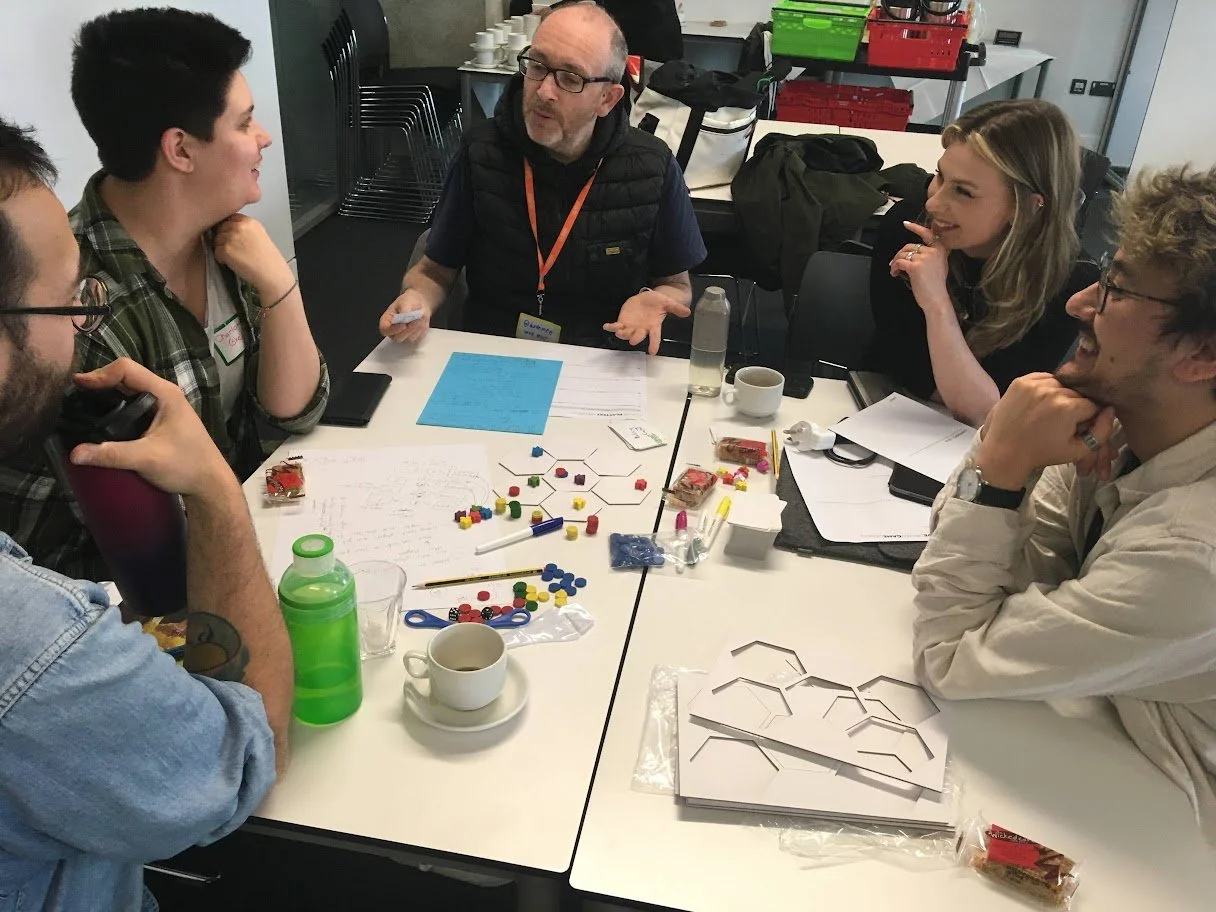Gyaku Ryona is a voyeuristic subgenre that involves the beating up of one male character by another. Several channels have emerged on YouTube and garnered respectable attention, by using fighting games as their main platform. These channels compile videos of virtual and erotic one- sided fights between two characters, which are in turn watched and requested by viewers.
Read MoreOn 24 February, the Bristol Digital Game Lab hosted the first annual UK Digital Game Lab Summit at Clifton Hill House. The aim of the event was to examine shared research themes, explore ways to engage with industry, and discuss the creation of a network of gaming research groups. Thanks to generous funding from the British Academy and the Faculty of Arts at the University of Bristol, we were delighted to welcome the leads of eight UK-based game labs/groups, including:
The Interactive Games Research Group at York St John University
The Playable Media Lab from Bath Spa University.
The summit was conducted in five sections and began with an icebreaker in a series of small groups, starting with the first game that we ever played. This discussion branched into further conversations surrounding games studies as a discipline, and the utility of games both in academia and the gaming industry.
Read MoreGame in Lab and the Analog Game Studies journal announced the publication today of Generation Analog 2021: Proceedings of the Tabletop Games and Education Conference, edited by Evan Torner, Shelly Jones, Edmond Chang, Megan Condis, & Aaron Trammell.
This publications, the proceedings of the first Generation Analog conference in 2021, includes articles about making, materiality, community, inclusion, mediation, and role-playing. You can download it for free here, or purchase a print copy from publishers, ETC Press.
Read MoreSet against grand temporal backdrops, big history games are interested in exploring the evolution of life and the development of civilization, but only as stories of progress. They look back at the past, but in the way mountain climbers do, to appreciate how far they have come. Until recently big history games rarely engaged with ecological limitations on expansive growth, showing a much keener interest in the role of science and especially military technology. However, in the age of the Anthropocene, human history’s bookending by deep time is creeping back in focus.
Read MoreThe Manchester Metropolitan Game Centre is pleased to announce that our annual conference - Multiplatform 3: Remake, Reuse, Replay will take place on the 7th and 8th of June 2023 at the Salutation, 12 Higher Chatham Street, Manchester.
Read MoreIn a recent article for the Analog Game Studies journal, MMGC co-director Chloé Germaine has revisited theories of ‘the magic circle’ in Game Studies with fresh insights from the world of live-action roleplaying games (LARP).
Read MoreProfessor Kristina Niedderer discusses All about Us, a game jointly developed by people with dementia, care experts, designers and university researchers, in today’s episode of the BBC World Service series People Fixing the World.
Read MoreWe’re pleased to announce the publication of the book, Material Game Studies - A Philosophy of Analogue Play, edited by MMGC co-directors Paul Wake and Chloé Germaine.
Read MoreAs its title suggests, Gordon Calleja’s Unboxed: Board Game Experience and Design, published by MIT Press in 2022, offers an exploration of player experience and the ways in which game designers work to create those experiences. Calleja draws on interviews with thirty-two leading board game designers and critics, and the inclusion of the insights of these well-known designers (alongside a wide range of scholarly material) results in a book that is extremely readable, while offering in-depth discussions of games and game design, and practical in turning these discussions towards game making and game playing.
Read MoreSince the end of the Cold War, its imagery, atmosphere, and music have been repeatedly appropriated and reappropriated within contemporary popular culture. More than thirty years after the Berlin Wall fell, these images continue to appeal to generations with no memory of the original tensions of the time. From the early Cold War imagery of games such as the Fallout series, or the mid-1980s backdrop of Soviet infiltration in Stranger Things, visual culture, music, and ideas from the period are constantly recycled in popular culture.
Read MoreHistoria Ludens explores the multiple ways in which games, history, and historians intersect and interact. The chapters examine how games (primarily videogames, but not only) represent history, as well as how play can be introduced into teaching; as the editors note in their preface, “history can be understood as a form of playing” and “playing poses intriguing methodological and theoretical potential” (p. xiii). The sixteen chapters are divided into six sections, the order of which this review follows, but it is notable that these categories are somewhat amorphous and there are numerous points of contact between papers throughout the volume.
Read MoreMMGC member Jenny Cromwell will be joining a transnational panel of academics and game designers today to discuss the suitability of using Dungeon & Dragons for historical settings.
Read MoreAn interdisciplinary team that included academics in design and health, along with radiographers at Sheffield Children's NHS Trust set about working with the digital studio, Dubit to produce a playkit to help children aged 4-10-years-old prepare for an MRI scan without a general anaesthetic. The initial R&D project funded by Innovate UK and led by MMGC member Dylan Yamada-Rice, a Senior Lecturer in Immersive Storytelling in the School of Digital Arts at Manchester Metropolitan University, produced a mixed realities playkit to help children prepare for different elements of the MRI experience. These are (1) physical play to learn about an MRI scanner, (2) augmented reality play to learn about the job of a radiographer, and (3) virtual reality play to explore the journey of having an MRI scan from entering the hospital to completion.
Read MoreManchester Metropolitan Game Centre member Rob Gallagher has two new(ish) publications out: a chapter on the Hitman series in the edited collection Video Games and Comedy and an open access article on autobiographical videogames for Convergence….
Read MoreIf you couldn’t make it to Multiplatform 2022, or just want to rewatch any of the fantastic talks, you can now find a playlist on YouTube with recordings from both days.
Read MoreSubmissions are invited for a volume on Ancient Egypt in Video Games edited by Man Met Game Centre member Jennifer Cromwell.
Read MoreMan Met Game Centre co-director Chloé Germaine has recently published an original TTRPG, The Bureau of Irregularities, via the indie community publisher, The Gauntlet. The Bureau of Irregularities is inspired by and emulates the sorts of stories told in the British science fiction television show Sapphire and Steel (Peter J. Hammond, 1979 - 1982).
Read MoreLast month, Man Met Game Centre member Charlotte Gislam organised a postgraduate symposium focusing on the idea that board games can be made to explore research projects and provide creative ways to visualise aims, methodologies, goals, and findings.
Read More